Secured vs Unsecured loans- you probably hear a lot of this term on most financial institutions. But, most significantly, when you’re taking a loan.
But, do you really know the difference between the two? Plus, which is better?
The average American has $90,460 in debt, including all types of consumer debt products, such as credit cards, mortgage loans, student loans, and more. Moreover, this varies per age group, and some age bracket is more affected than others.
Hence, it’s essential to stay informed about proper financial planning, saving for retirement, and learning about debt management.
In this episode of personal finance 101, we will learn about secured vs unsecured loans. We will also differentiate the two, give their pros and cons, and corresponding examples.
Learning about these two types of loans is crucial if you’re building your credit score or borrowing money wisely.
Not to mention expanding your financial literacy.
So without further ado, let’s start!
Related: How To Borrow Money Online: Peer-to-Peer Lending With Bad Credit.
What is the difference between secured and unsecured loans?
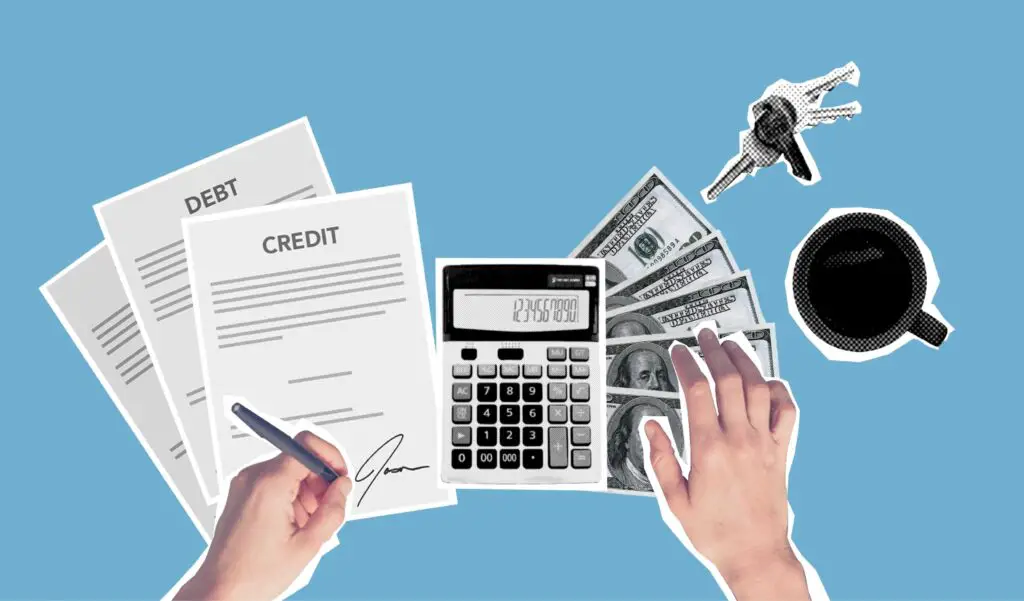
It’s easy to differentiate the two by simply looking at their root word. Simply put, what sets secured vs unsecured loans apart is the absence and presence of collateral.
Furthermore, collateral is an asset with value. Therefore, it is most predominantly used in secured loans.
For example, home, car, boat, and jewelry are collateral tied to a secured loan.
It means that when you borrow money, lenders may take possession of your collateral or assets until you pay them back in full. If you fail to pay them, you may sell your property to pay off the loan.
Another basic example of a secured loan is one with pawnshops. Again, if you pay off your loan in time, you’ll get your pawn back.
On the other hand, an unsecured loan doesn’t require collateral. So if you default on the loan, the lender can’t automatically take your property because the loan is not backed up with anything.
A great example of unsecured loans is credit cards, student loans, and personal loans.
Is it better to have secured or unsecured debt?

Depending on one’s unique life situation and varying needs, taking secured vs unsecured loans both has its wins and drawbacks (more on this later!)
Since secured loan is backed up with a valuable thing from the borrower, there’s a guarantee that a loan is more likely to be paid. A secured loan also puts the lender at less risk since they can be confident that they can get their money back through loan repayment or sale of the property or asset.
This then makes the borrower obligated to pay the debt since if he fails to do so, the lender can seize the property. Aside from that, secured loans are easy to obtain, with lower interest charges, and you can even borrow larger money.
On the contrary, unsecured debt will make sense if you don’t have an asset to offer to the table. There are no tedious paperwork and stuff, and it’s also easier to process compared to secured loans.
In an unsecured loan, lenders put trust and good faith based solely on borrowers’ capacity to pay. Hence, it puts lenders in a riskier position.
Overall, not all debts are bad. But, you have to select the one that will more likely help you be better at handling money. Altogether, it’s best to avoid debt at all costs, but if necessary, choose to be on the safe side and transact only on legitimate ones.
Related reading: 12 Smart Ways to Pay Off Debt Fast and be Debt Free.
What are the main advantages of secured vs unsecured loans?

Secured vs Unsecured Loans Pros and Cons
Secured Loans
| PROS | CONS |
| Typically, secured loans come with lower interest rates because the lender takes on less financial risk. | You may sell your property to pay off the loan. |
| Borrowers can loan larger amounts of money plus longer repayment terms. | It may require a downpayment. |
| There can be tax deductions for the interest paid on a loan each year. | Face debt collection or get sued if you don’t repay. |
| If you have a poor credit history or are rebuilding your credit, you’re more likely to be approved for this type of loan. | |
| You could use personal property such as a bank deposit or a car to back this loan. |
Unsecured Loans
| PROS | CONS |
| The application process is quicker compared to secured loans. | A lender is not protected by any collateral so it puts them in a riskier position. |
| If you default on the loan, the lender can’t automatically take your property. | Lenders may also use stricter lending criteria. |
| You obtain this loan based on your income and credit record. | Higher interest rates |
| Usually has lower borrowing limits | Face debt collection or get sued if you don’t repay. |
| You may need a cosigner or co-guarantor to qualify for the loan (in special cases if your credit score is too low) |
What are secured loans and unsecured loans examples?
Aside from examples, these are also items that you can purchase with either secured or unsecured loans.
Examples of secured loans:
- Car or Auto loan
- Home improvement loan
- Boat
- Home Equity line of credit (HELOC)- borrow money using your home’s equity as collateral.
- Recreational vehicle- motor-home or travel trailer.
- Home or Mortgage loan
- Jewelry
- Business equipment
- Cash in savings accounts- as a collateral
Examples of unsecured loans:
- Credit card
- Student loan
- Personal loan
- Vacation
- Unexpected expenses
- Automobile repairs
- Wedding expenses
- Personal lines of credit
Related: How to Invest In Property With Little Or No Money.
Final thoughts
Credit offers seem to be everywhere, but not everyone who applies for a loan qualifies for it. As a result, creditors often evaluate a person’s credit history to determine what kind of risk that person presents as a borrower.
It may be easier to get a secured loan than an unsecured one if you are starting to build your credit or have lower credit scores.
Again, secured loans require the borrower to provide collateral (something of value like a car, a boat, a home, etc.) that the bank or lending institution can take if the borrower defaults on the loan.
Moreover, people with higher credit scores may qualify more easily for unsecured loans than people with lower credit scores. Since these loans require no collateral, the bank or lending institution trusts that the borrowers will pay them back.
This trust is based on the borrower’s creditworthiness — what borrowers have done in the past that gives them a good credit rating.
Because unsecured loans put lenders at higher risk, they may have a higher interest rate than secured loans. If that trust does not result in repayment, the lender can report late or missing payments to the credit reporting agencies, engage in debt collection and sue the borrower.
Remember to be wise in borrowing money. First, find the type of loan that suits you. Aside from that, read the fine print thoroughly, then don’t forget to cross your t’s and dot your i’s.
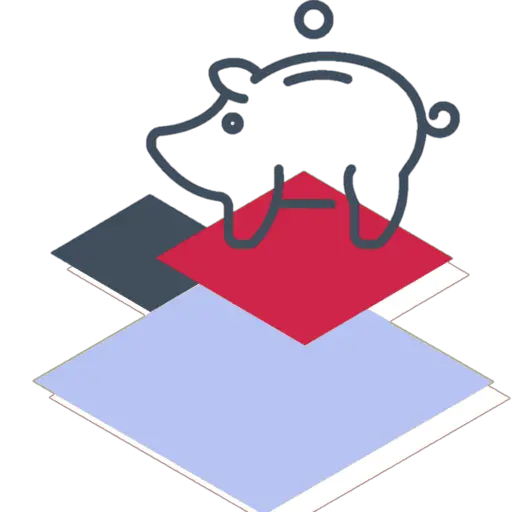

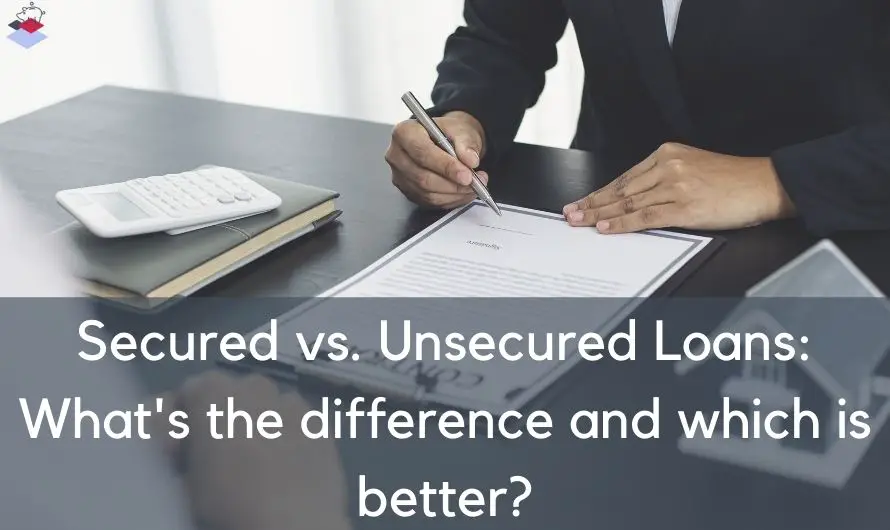
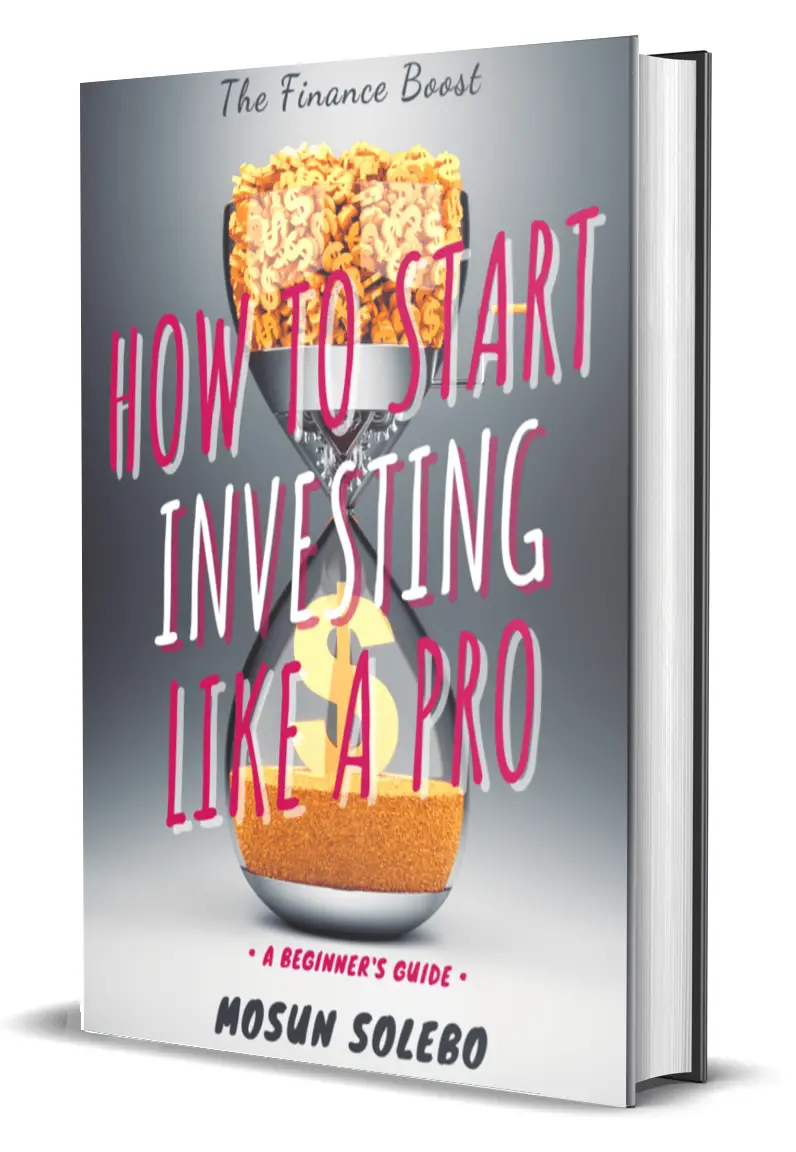
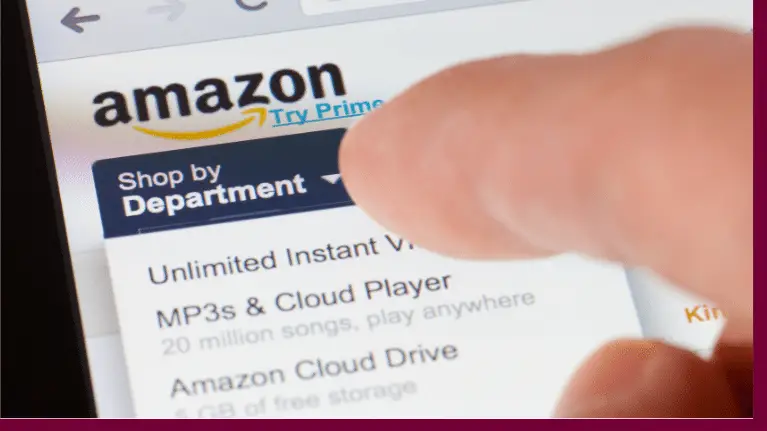


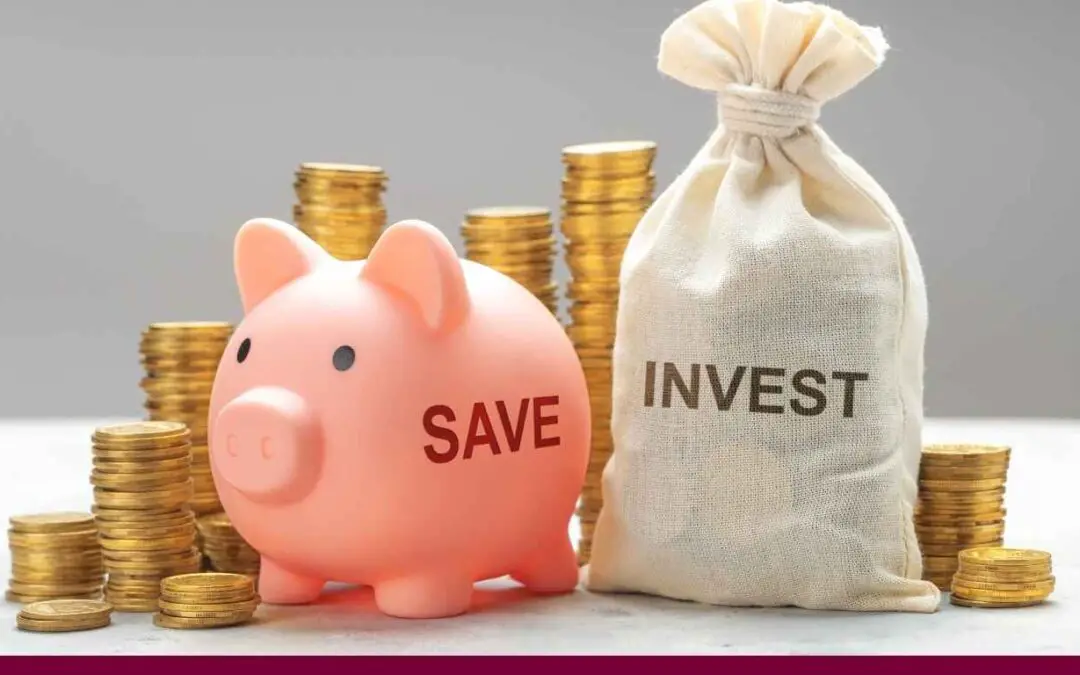
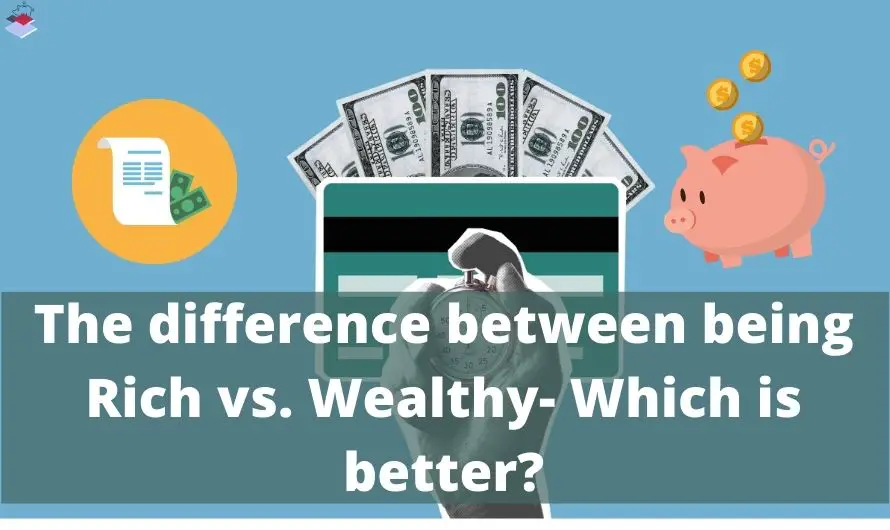

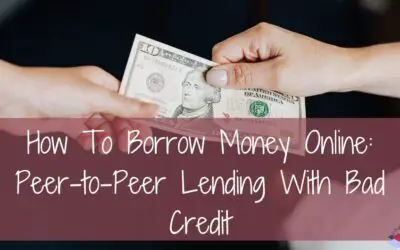
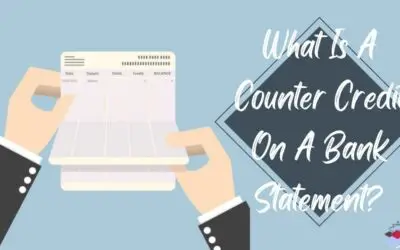
0 Comments